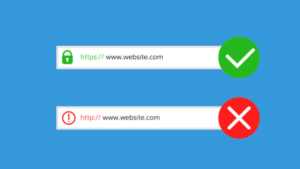What are self-signed certificates and their disadvantages?
A self-signed SSL Certificate is an identity certificate that is signed by the same entity whose identity it certifies. This term has nothing to do with the identity of the person or organization that actually performed the signing procedure. In technical terms, a self-signed certificate is one signed with its own private key.
1. These certificates are not trusted by other applications/operating systems. This may lead to authentication errors etc.
2. Self-signed certificates’ lifetime is usually 1 year(s). These certificates need to be renewed/replaced every year, a big hassle to maintain.
3. Self-signed certificates may use low hash and cipher technologies. Due to this, the security level implemented by self-signed certificates may not satisfy the current Security Policy, etc.
4. No support for advanced PKI (Public Key Infrastructure) functions (e.g. Online checking of the revocation list etc.).
5. Most of the advanced feathers of the server-side applications are required to impend a PKI (Public Key Infrastructure). By this, self-signed certificates advantages cant be used.
For more information on SSL/PKI Certificates, Verified Mark Certificates (VMCs), SSL/TLS Certificate Lifecycle Management, and Matter Certificates email sslsupport@acmetek.com or visit https://www.acmetek.com/contact-us/




